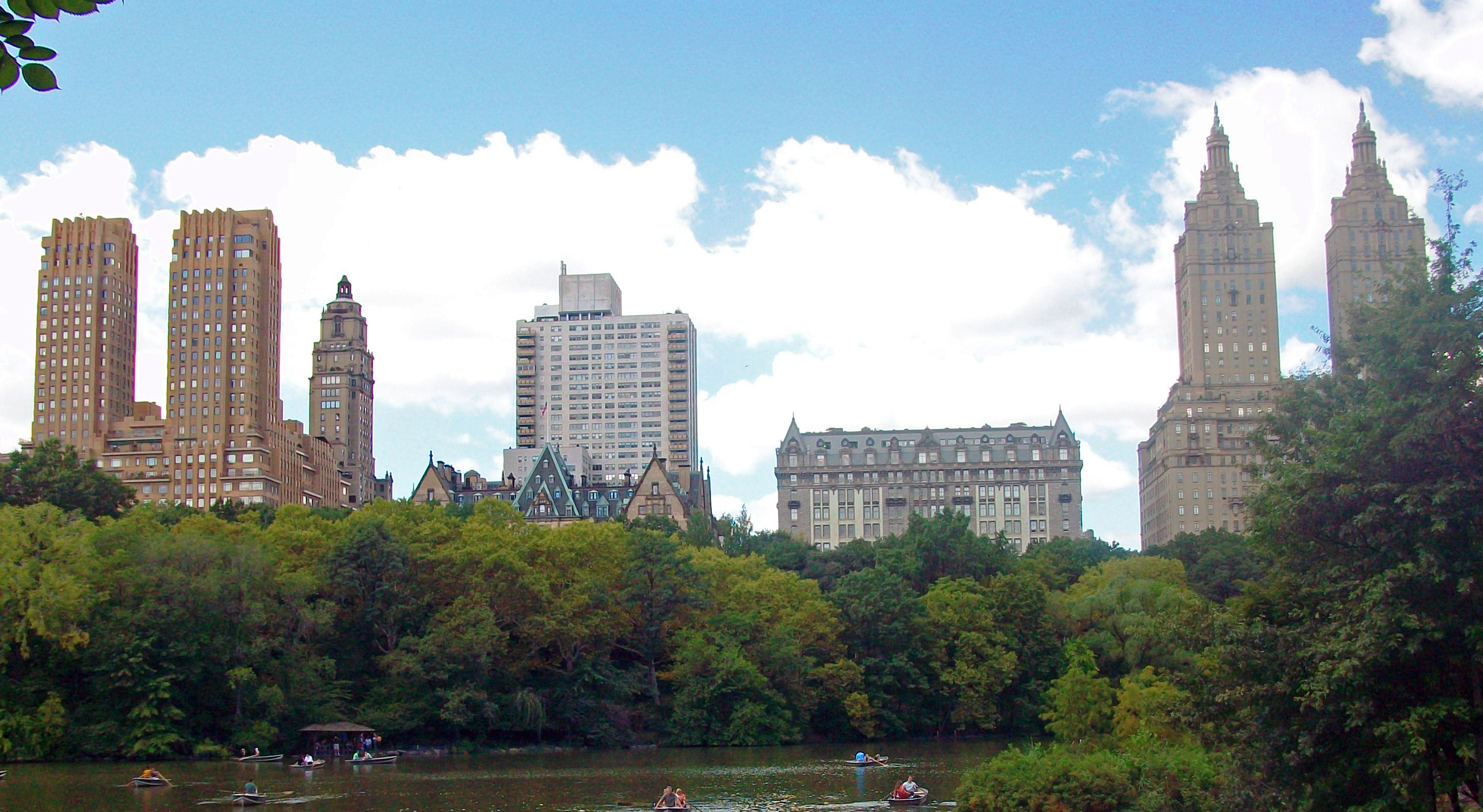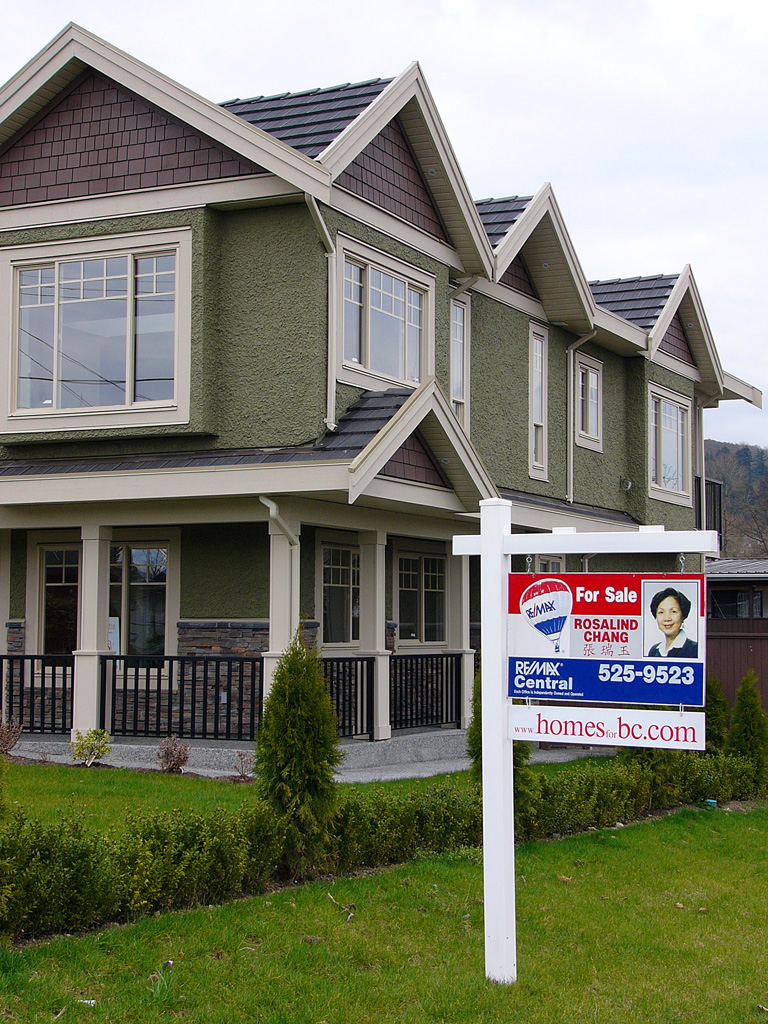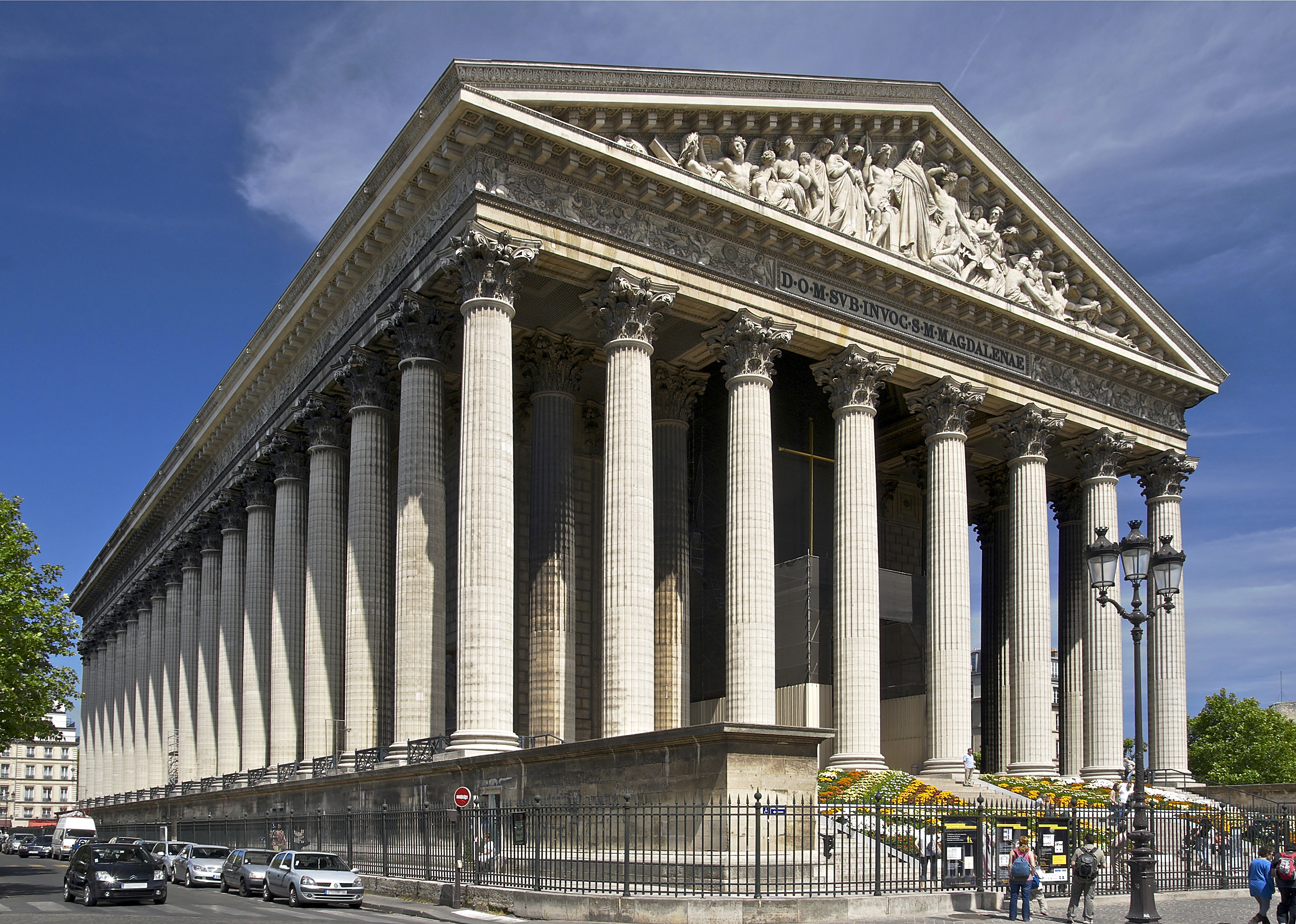|
GdW Bundesverband Deutscher Wohnungs- Und Immobilienunternehmen
The GdW Bundesverband deutscher Wohnungs- und Immobilienunternehmen e.V. (Federal Association of German Housing and Real Estate Enterprise Registered Associations) is a syndicate of housing co-operatives in Germany. Its members are smaller federations (mostly regional organizations): As “Federation of the Federations”, the GdW is the central association of the German housing industry. Member Federations The 14 member federations of the GdW have approximately 3,200 housing enterprises as members. They represent together approximately 6.4 million dwellings, corresponding to approximately 17% of the entire and 30% of rental housing stock in Germany. The 14 member federations of the GdW are: * vbw Verband baden-württembergischer Wohnungs- und Immobilienunternehmen e.V. * VdW Bayern Verband bayerischer Wohnungsunternehmen e.V. * VdW südwest Verband der Südwestdeutschen Wohnungswirtschaft e.V. * VdW Verband der Wohnungswirtschaft Sachsen-Anhalt e.V. * VdWg Verband der Wohnungsg ... [...More Info...] [...Related Items...] OR: [Wikipedia] [Google] [Baidu] |
Real Estate
Real estate is property consisting of land and the buildings on it, along with its natural resources such as crops, minerals or water; immovable property of this nature; an interest vested in this (also) an item of real property, (more generally) buildings or housing in general."Real estate": Oxford English Dictionary online: Retrieved September 18, 2011 In terms of law, ''real'' is in relation to land property and is different from personal property while ''estate'' means the "interest" a person has in that land property. Real estate is different from personal property, which is not permanently attached to the land, such as vehicles, boats, jewelry, furniture, tools and the rolling stock of a farm. In the United States, the transfer, owning, or acquisition of real estate can be through business corporations, individuals, nonprofit corporations, fiduciaries, or any legal entity as seen within the law of each U.S. state. History of real estate The natural right of a person t ... [...More Info...] [...Related Items...] OR: [Wikipedia] [Google] [Baidu] |
Syndicate
A syndicate is a self-organizing group of individuals, companies, corporations or entities formed to transact some specific business, to pursue or promote a shared interest. Etymology The word ''syndicate'' comes from the French language, French word ''syndicat'' which means "trade union" (''syndic'' meaning "administrator"), from the Latin word ''syndicus'' which in turn comes from the Ancient Greek, Greek word σύνδικος (''syndikos''), which means "caretaker of an issue"; compare to ombudsman or Representation (politics), representative. Definition The ''Merriam Webster Dictionary'' defines syndicate as a group of people or businesses that work together as a team. This may be a council or body or association of people or an association of concerns, officially authorized to undertake a duty or negotiate business with an office or jurisdiction. It may mean an association of racketeers in organized crime. It may refer to a business concern that sells materials for publicat ... [...More Info...] [...Related Items...] OR: [Wikipedia] [Google] [Baidu] |
Housing Cooperative
A housing cooperative, or housing co-op, is a legal entity, usually a cooperative or a corporation, which owns real estate, consisting of one or more residential buildings; it is one type of housing tenure. Housing cooperatives are a distinctive form of home ownership that have many characteristics that differ from other residential arrangements such as single family home ownership, condominiums and renting. The corporation is membership based, with membership granted by way of a share purchase in the cooperative. Each shareholder in the legal entity is granted the right to occupy one housing unit. A primary advantage of the housing cooperative is the pooling of the members' resources so that their buying power is leveraged; thus lowering the cost per member in all the services and products associated with home ownership. Another key element in some forms of housing cooperatives is that the members, through their elected representatives, screen and select who may live in th ... [...More Info...] [...Related Items...] OR: [Wikipedia] [Google] [Baidu] |
Germany
Germany,, officially the Federal Republic of Germany, is a country in Central Europe. It is the second most populous country in Europe after Russia, and the most populous member state of the European Union. Germany is situated between the Baltic and North seas to the north, and the Alps to the south; it covers an area of , with a population of almost 84 million within its 16 constituent states. Germany borders Denmark to the north, Poland and the Czech Republic to the east, Austria and Switzerland to the south, and France, Luxembourg, Belgium, and the Netherlands to the west. The nation's capital and most populous city is Berlin and its financial centre is Frankfurt; the largest urban area is the Ruhr. Various Germanic tribes have inhabited the northern parts of modern Germany since classical antiquity. A region named Germania was documented before AD 100. In 962, the Kingdom of Germany formed the bulk of the Holy Roman Empire. During the 16th ce ... [...More Info...] [...Related Items...] OR: [Wikipedia] [Google] [Baidu] |
Federation
A federation (also known as a federal state) is a political entity characterized by a union of partially self-governing provinces, states, or other regions under a central federal government (federalism). In a federation, the self-governing status of the component states, as well as the division of power between them and the central government, is typically constitutionally entrenched and may not be altered by a unilateral decision, neither by the component states nor the federal political body. Alternatively, a federation is a form of government in which sovereign power is formally divided between a central authority and a number of constituent regions so that each region retains some degree of control over its internal affairs. It is often argued that federal states where the central government has overriding powers are not truly federal states. For example, such overriding powers may include: the constitutional authority to suspend a constituent state's government by in ... [...More Info...] [...Related Items...] OR: [Wikipedia] [Google] [Baidu] |
Housing Industry
Real estate economics is the application of economic techniques to real estate markets. It tries to describe, explain, and predict patterns of prices, supply, and demand. The closely related field of housing economics is narrower in scope, concentrating on residential real estate markets, while the research on real estate trends focuses on the business and structural changes affecting the industry. Both draw on partial equilibrium analysis (supply and demand), urban economics, spatial economics, basic and extensive research, surveys, and finance. Overview of real estate markets The main participants in real estate markets are: * Users: These people are both owners and tenants. They purchase houses or commercial property as an investment and also to live in or utilize as a business. Businesses may or may not require buildings to use land. The land can be used in other ways, such as for agriculture, forestry or mining. * Owners: These people are pure investors. They do not occup ... [...More Info...] [...Related Items...] OR: [Wikipedia] [Google] [Baidu] |
House
A house is a single-unit residential building. It may range in complexity from a rudimentary hut to a complex structure of wood, masonry, concrete or other material, outfitted with plumbing, electrical, and heating, ventilation, and air conditioning systems.Schoenauer, Norbert (2000). ''6,000 Years of Housing'' (rev. ed.) (New York: W.W. Norton & Company). Houses use a range of different roofing systems to keep precipitation such as rain from getting into the dwelling space. Houses may have doors or locks to secure the dwelling space and protect its inhabitants and contents from burglars or other trespassers. Most conventional modern houses in Western cultures will contain one or more bedrooms and bathrooms, a kitchen or cooking area, and a living room. A house may have a separate dining room, or the eating area may be integrated into another room. Some large houses in North America have a recreation room. In traditional agriculture-oriented societies, domestic animals such ... [...More Info...] [...Related Items...] OR: [Wikipedia] [Google] [Baidu] |
Rental Housing
A leasehold estate is an ownership of a temporary right to hold land or property in which a lessee or a tenant holds rights of real property by some form of title from a lessor or landlord. Although a tenant does hold rights to real property, a leasehold estate is typically considered personal property. Leasehold is a form of land tenure or property tenure where one party buys the right to occupy land or a building for a given length of time. As a lease is a legal estate, leasehold estate can be bought and sold on the open market. A leasehold thus differs from a freehold or fee simple where the ownership of a property is purchased outright and thereafter held for an indeterminate length of time, and also differs from a tenancy where a property is let (rented) on a periodic basis such as weekly or monthly. Terminology and types of leasehold vary from country to country. Sometimes, but not always, a residential tenancy under a lease agreement is colloquially known as renting. The l ... [...More Info...] [...Related Items...] OR: [Wikipedia] [Google] [Baidu] |
Private Sector
The private sector is the part of the economy, sometimes referred to as the citizen sector, which is owned by private groups, usually as a means of establishment for profit or non profit, rather than being owned by the government. Employment The private sector employs most of the workforce in some countries. In private sector, activities are guided by the motive to earn money. A 2013 study by the International Finance Corporation (part of the World Bank Group) identified that 90 percent of jobs in developing countries are in the private sector. Diversification In free enterprise countries, such as the United States, the private sector is wider, and the state places fewer constraints on firms. In countries with more government authority, such as China, the public sector makes up most of the economy. Regulation States legally regulate the private sector. Businesses operating within a country must comply with the laws in that country. In some cases, usually involving multinatio ... [...More Info...] [...Related Items...] OR: [Wikipedia] [Google] [Baidu] |
Church (building)
A church, church building or church house is a building used for Christian worship services and other Christian religious activities. The earliest identified Christian church is a house church founded between 233 and 256. From the 11th through the 14th centuries, there was a wave of church construction in Western Europe. Sometimes, the word ''church'' is used by analogy for the buildings of other religions. ''Church'' is also used to describe the Christian religious community as a whole, or a body or an assembly of Christian believers around the world. In traditional Christian architecture, the plan view of a church often forms a Christian cross; the center aisle and seating representing the vertical beam with the Church architecture#Characteristics of the early Christian church building, bema and altar forming the horizontal. Towers or domes may inspire contemplation of the heavens. Modern churches have a variety of architectural styles and layouts. Some buildings designe ... [...More Info...] [...Related Items...] OR: [Wikipedia] [Google] [Baidu] |




